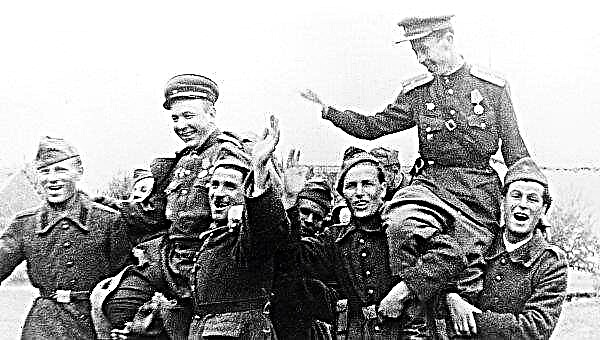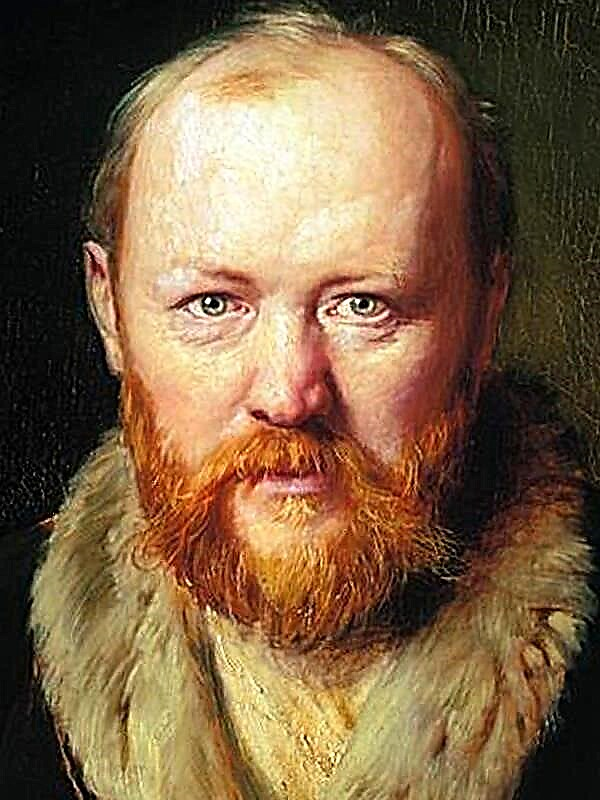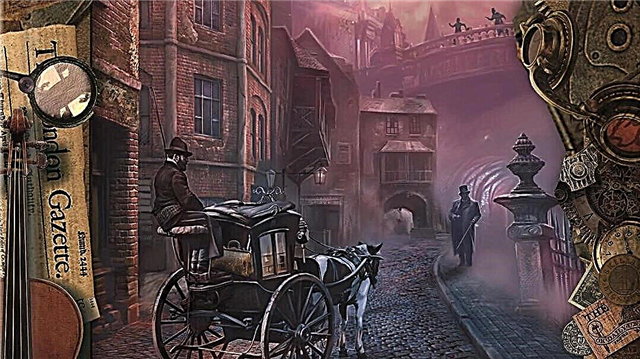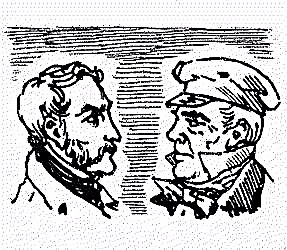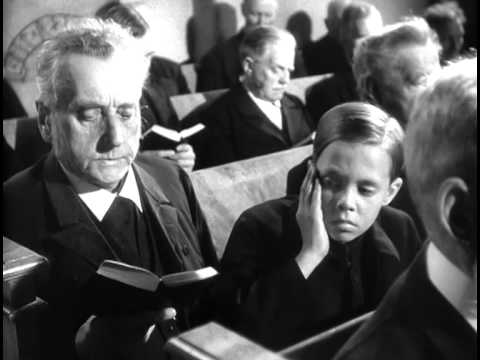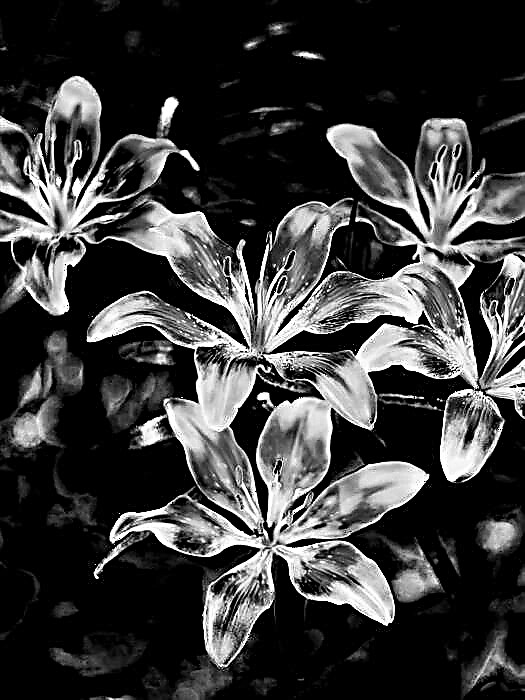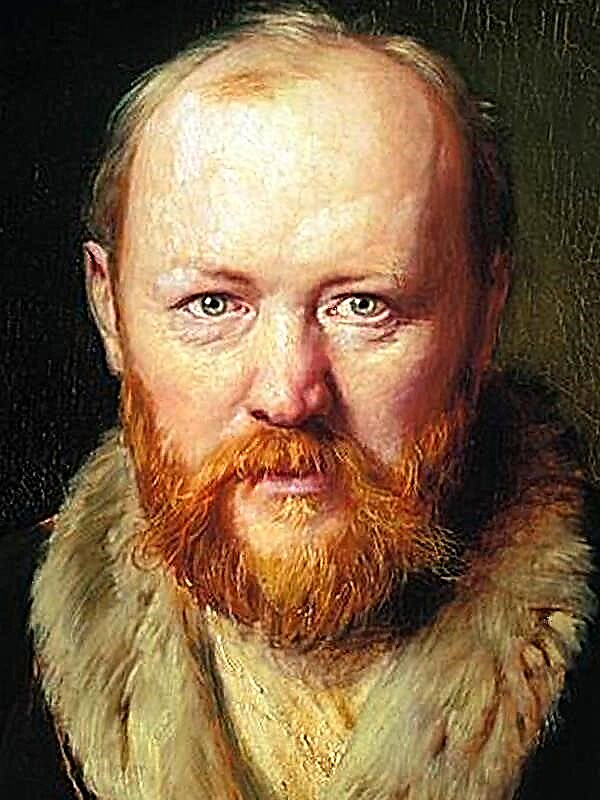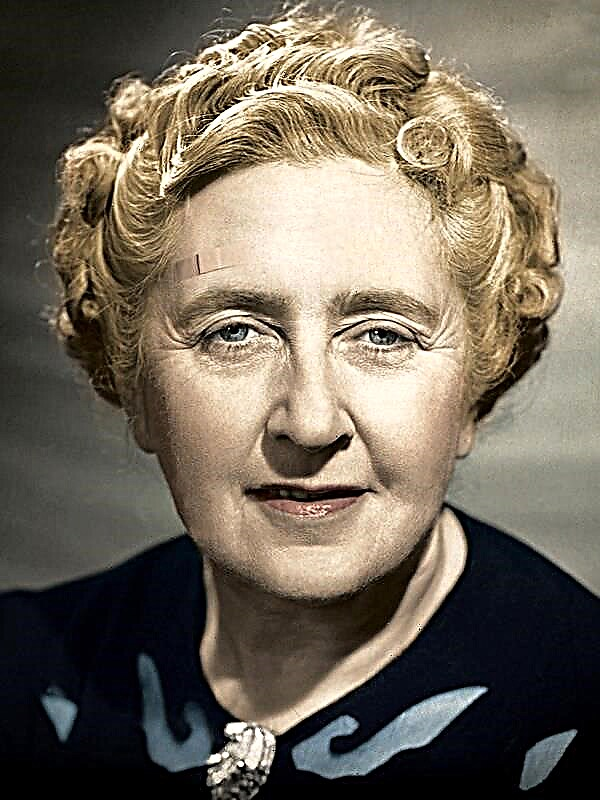(337 words) Quite often, in the images of characters of works, the reader can see the features of the author, and the hero of the poem “Mtsyri” was no exception. Mikhail Yuryevich Lermontov is a romantic poet, and in his work, freedom, rebellion, and a desperate struggle become cross-cutting themes. It is in Mtsyri that these qualities are manifested very vividly and exclusively from the best side.
The critic V. G. Belinsky noted: "This is the favorite ideal of our poet, this is a reflection of the shadow of his own personality in poetry."
Lermontov’s biography is somewhat similar to the biography of the hero he created: as a child, the poet was separated from her relatives by a grandmother who raised him in harsh conditions; such is Mtsyri - he was brought to the monastery as a prisoner, and he never again saw the family, about which he subsequently dreamed. Separation from his father greatly influenced Lermontov, he devotes several of his poems to this, and perhaps that is why Mtsyri recalls his father:
What about my father? he is like a living person / In his military clothing / Appeared to me, and I remembered / Chain mail ringing, and the brilliance of a gun, / And a proud adamant look.
Mtsyri is fighting for his freedom, and let him understand how dangerous this is, he does not give up and decides to escape. So is Lermontov - he writes the poem Death of a Poet, where he accuses the nobility of the death of AS Pushkin, although he realizes that such words will be punished under the reign of Nicholas I. As a result, the author is sent to the first link.
In the poem "Mtsyri" Lermontov’s attitude to the Caucasus is well revealed. Here he spent a lot of time in childhood and adolescence, here he is also exiled for the poem Death of a Poet, and later for a duel in 1840. The author loves the nature of the Caucasus, appreciates the free spirit of its population, and this is fully reflected in the hero of the poem: Mtsyri, once in the wild, watches animals and plants, admires the scenery, enjoys the sensations of gusts of wind and dew. The character of Mtsyri is characterized by freedom of love and intransigence with fetters. Lermontov himself lived during exile among the highlanders, so it is no coincidence that he gives the prisoner of the monastery such qualities.
Thus, we can assume that M. Lermontov, creating his ideal, partially identifies with him. The poet, like his hero, does not intend to give up and is ready to fight for freedom and for happiness, even if this leads to death.


